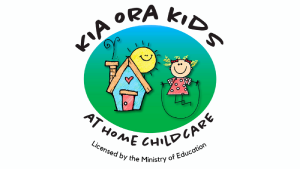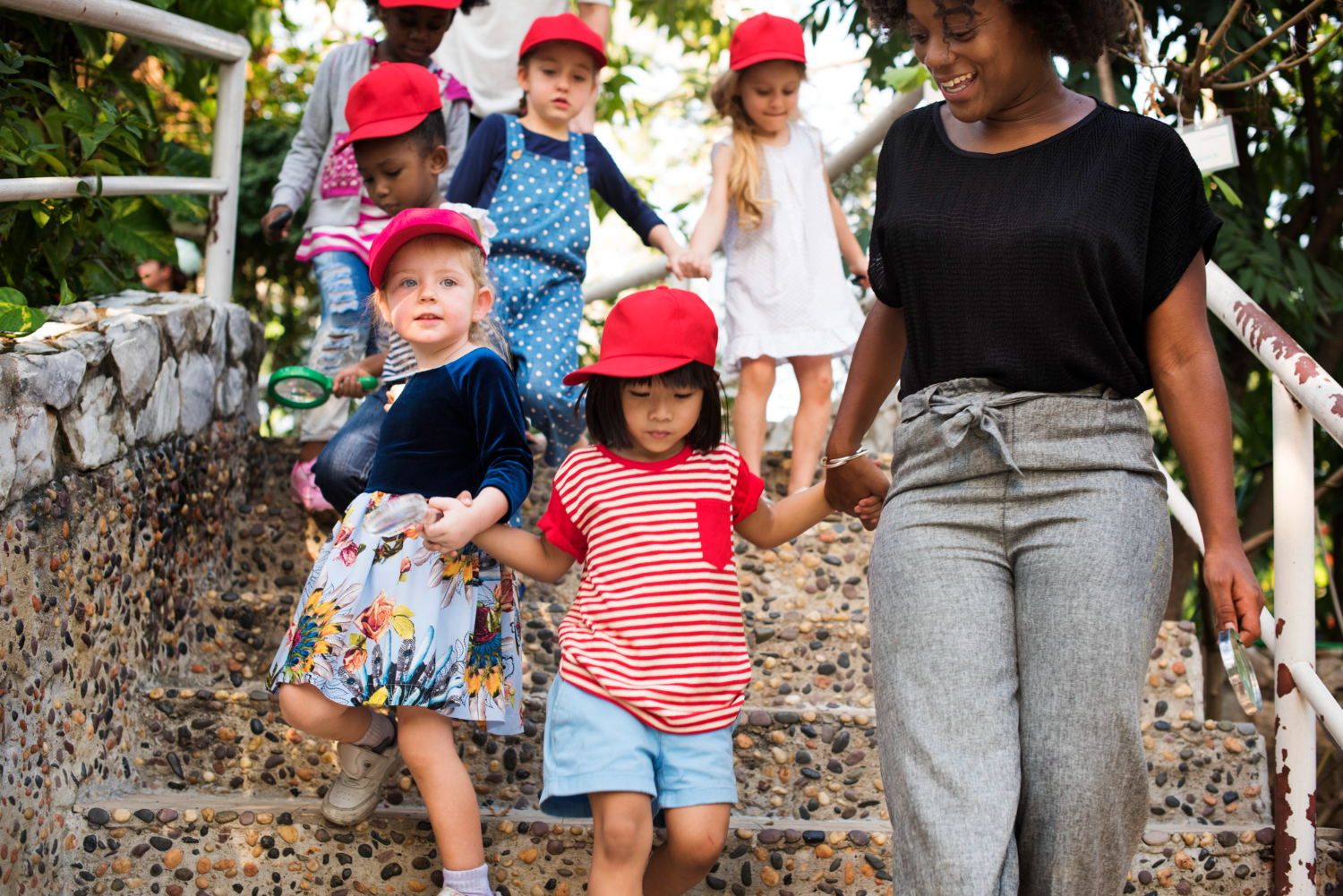When we think of early childhood education (ECE) in Auckland, we often imagine vibrant classrooms alive with laughter, creativity, and curiosity. With its dynamic mix of cultures, Auckland offers young learners a truly unique environment to begin their educational journey. However, while the city celebrates its diversity, the experiences of children transitioning from early childhood centres to primary schools reveal important gaps—and even greater opportunities for improvement.
Understanding and enhancing early childhood education in Auckland is crucial, not only for the city’s families but for the future success and cohesion of New Zealand as a whole.
The Cultural Mosaic of Auckland’s Early Childhood Education
Auckland is home to a beautifully diverse population. Māori, Pacific Island, Asian, and European communities live side by side, each bringing their own cultural practices, languages, and values into early childhood settings. In fact, Auckland boasts some of the highest levels of ethnic diversity among children in the entire Southern Hemisphere.
This rich multiculturalism means that early childhood education centres must be more than just places of play and learning. They must also be spaces where identity, language, and culture are affirmed. The transition from ECE to primary school, however, can vary greatly depending on a child’s background.
Research from Mangere Bridge Kindergarten in Auckland found that while early childhood centres and primary schools are encouraged to collaborate, the actual transition processes are often inconsistent and poorly aligned across cultures (Peters et al., 2009). Teachers sometimes carry unconscious biases or assumptions about what school readiness looks like, and these expectations can disadvantage Māori and Pacific Island children, who may have been nurtured through different social and learning styles at home and in ECE.
For instance, Māori and Pasifika pedagogies traditionally emphasize collective learning, storytelling, and oral language skills. These strengths are not always recognized in a primary school system that tends to favor early literacy and numeracy in more structured, individualized ways.
Supporting successful transitions requires deliberate action:
- Early childhood centresand schools must engage in genuine partnerships with families, respecting the cultural values that shape children’s early experiences.
- Teachers must receive culturally responsive training, helping them understand different learning styles and worldviews.
- Transition programs should be personalized, allowing children and their families to gradually adjust at their own pace.
By creating culturally sensitive bridges between ECE and primary education, Auckland can unlock the full potential of its youngest citizens.
The Promise and Limits of “20 Hours Free” Early Childhood Education
Another major aspect of early childhood education in Auckland is access—and here, policy plays a powerful role.
New Zealand’s introduction of the “20 Hours Free ECE” policy in 2007 was a bold move to make early learning more affordable for families. Under this policy, all three- and four-year-olds are entitled to up to 20 hours of free early childhood education per week in teacher-led centres. On paper, this sounds like a universal win.
In reality, the impact in Auckland has been uneven.
Research shows that while many middle- and high-income families easily access high-quality ECE centres that offer the 20 free hours, lower-income families often do not enjoy the same benefits (Thrupp, 2008).
Why? Several factors contribute:
- Hidden costs:Many centres charge additional fees for hours beyond the 20 free hours or for “optional” services, making the total cost still burdensome for low-income families.
- Centre participation:Some ECE centres, particularly those operating under tight financial margins, choose not to offer the free hours because the government funding does not fully cover their operating costs.
- Access deserts:In some areas of South and West Auckland, there are simply fewer high-quality ECE centres participating in the scheme.
This means that while wealthier families can maximize the benefits of the policy, vulnerable families—many of them Māori and Pacific Islander—remain at a disadvantage. Instead of closing gaps, the 20 Hours Free policy has, in some cases, inadvertently widened them.
If Auckland is serious about achieving true equity in early childhood education, reforms must ensure that free ECE is genuinely accessible to those who need it most. Targeted support for high-need areas, increased funding rates, and better regulation of optional charges could help make this vision a reality.
Building a Brighter Future for Auckland’s Youngest Learners
The future of early childhood education in Auckland lies in a dual commitment: embracing cultural diversity and ensuring fair, universal access to high-quality education.
Here are some key steps Auckland should consider:
- Strengthen cultural responsiveness: Embed indigenous and multicultural values into early childhood education and transition practices.
- Support genuine partnerships: Build strong, ongoing relationships between ECE centres, schools, and families from all cultural backgrounds.
- Make free education truly free: Ensure that funding models support full, equitable access for low-income families, not just those already advantaged.
- Invest in teacher training: Equip teachers with the skills they need to support diverse learners and lead smooth transitions into school life.
By investing in these areas, Auckland can live up to its reputation as a world leader in early childhood education. More importantly, it can ensure that every child—no matter where they come from—has the opportunity to thrive.
Early childhood education is more than preparation for school. It is the foundation for a lifetime of learning, belonging, and success. Auckland’s children deserve nothing less.
References:
- Peters, S., Hartley, C., Rogers, P., Smith, J., & Carr, M. (2009). Supporting the Transition from Early Childhood Education to School: Insights from One Centre of Innovation Project. , 13, 2.
- Thrupp, M. (2008). Some inconvenient truths about education in Aotearoa-New Zealand. , 109-119.

